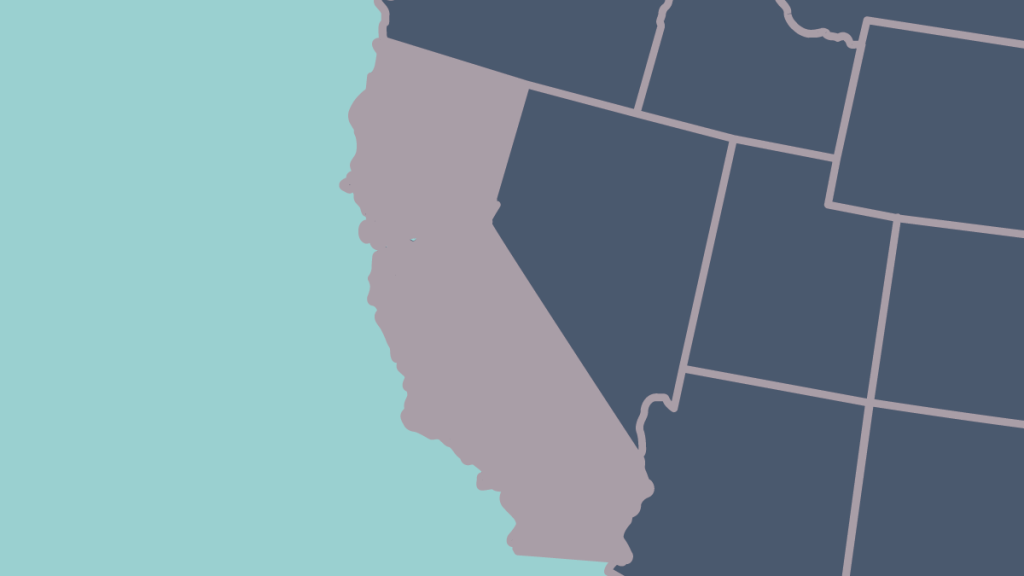

California
Anti-SLAPP protection
Cal. Civ. Proc. Code § 425.16, 425.17, and 425.18 protect publishers from SLAPP lawsuits. The most recent changes to California’s anti-SLAPP law went into effect Jan. 1, 2023.
Law summary
California has a strong anti-SLAPP law. To challenge a SLAPP suit in California, defendants must show they are being sued for “any act . . . in furtherance of the person’s right of petition or free speech under the United States Constitution or the California Constitution in connection with a public issue.”
Under the statute, the rights of free speech or petition in connection with a public issue include four categories of activities: statements made before a legislative, executive or judicial proceeding; statements made in connection with an issue under consideration by a governmental body; statements made in a place open to the public or a public forum in connection with an issue of public interest; and any other conduct in furtherance of the exercise of free speech or petition rights in connection with “a public issue or an issue of public interest.” § 425.16(e).
Legal actions
California’s anti-SLAPP law includes four key features to protect publishers:
- Special motion to strike: A defendant can file a motion to throw out the lawsuit if it qualifies as a SLAPP.
- Accelerated hearing: The court is required to consider a motion to strike within a short timeframe.
- Attorney fees: If a defendant succeeds in a motion to strike, they can recover attorney fees.
- “SLAPPback” lawsuit: The defendant can sue the plaintiff for malicious prosecution if they can show the lawsuit was frivolous and intended to silence them.
Helpful cases
California courts have an extensive history with anti-SLAPP lawsuits. Here are three cases that might be helpful to journalists:
Braun v. Chronicle Publishing (1997)
Five news reports raised questions about illegal use of the University of California at San Francisco’s Center for Pre-Hospital Research and Training. Dr. Odelia Braun sued the publishing company and individuals involved in the report for defamation. The newspaper succeeded in using the California anti-SLAPP law’s motion-to-strike tool to have the lawsuit thrown out. Braun contended the information in the report was not from “public official proceedings” and that it was also confidential. The judge emphasized the reporting covered information that fit the criteria in that state’s anti-SLAPP law.
Lieberman v. KCOP Television (2003)
Los Angeles’ KCOP used excerpts from secretly recorded interactions with Fred Lieberman, a physician, in a report about doctors writing improper prescriptions for controlled substances. Lieberman filed a lawsuit against KCOP for violating his privacy rights. KCOP responded with an anti-SLAPP motion. While the court reasoned the TV station’s report supported the anti-SLAPP law’s concern for protecting free speech, it denied KCOP’s request because it found Lieberman provided enough evidence that his privacy was violated and the lawsuit was, therefore, not a SLAPP.
San Diegans for Open Government v. San Diego State University Research Foundation (2017)
Inewsource, a nonprofit news organization that partners with San Diego’s PBS affiliate and San Diego State University, published about a dozen reports about Cory Briggs, a local attorney who worked with San Diegans for Open Government. Briggs sued all entities involved in the news partnership, contending they were misusing public funds. Inewsource, as well as the other entities, filed anti-SLAPP motions. The court found Briggs’s attack on all the entities endangered the “content of news stories the public receives,” which qualified the lawsuit as a SLAPP. The court dismissed the lawsuit against the news organizations using California’s anti-SLAPP law.
Legislative activity
California lawmakers made minor revisions to § 425.16 in 2022 that went into effect in January 2023. A bill that would have rewritten parts of § 425.17 to create an exemption for litigation surrounding wills and trusts died in fall 2022.
Of note
According to the Institute for Free Speech, only three states have better-rated anti-SLAPP laws than California: Utah, Hawaii, and Kentucky.